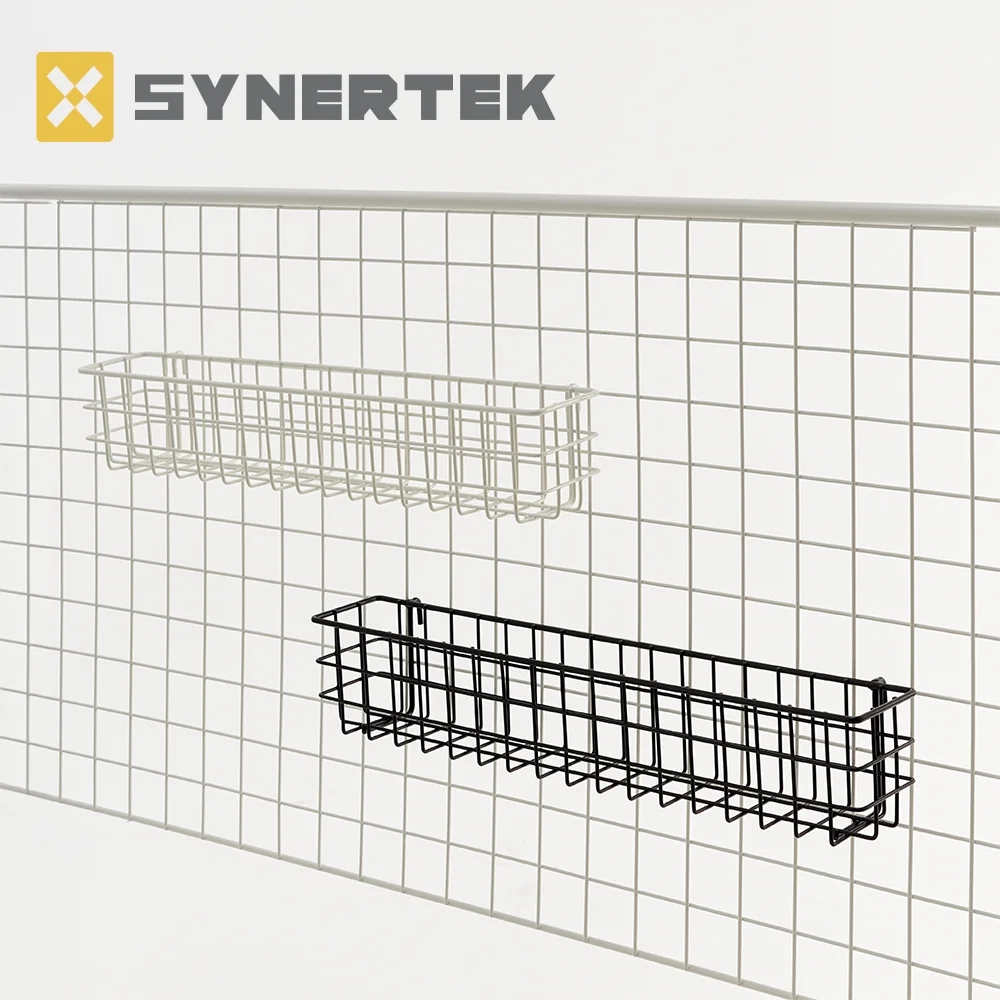In the world of construction and manufacturing, the term waterproof holds significant importance. PVC, or polyvinyl chloride, is a widely used material known for its versatility and durability. However, when it comes to its waterproof properties, there seems to be some confusion. In this blog post, we will delve into the depths of PVC's waterproof capabilities, exploring its composition, applications, and the factors that influence its water resistance.
- Understanding PVC:
Polyvinyl chloride (PVC) is a synthetic polymer derived from vinyl chloride monomers. It is renowned for its exceptional strength, chemical resistance, and affordability. PVC is commonly used in various industries, including construction, plumbing, electrical, and automotive, due to its wide range of desirable properties. - The Composition of PVC:
PVC is primarily composed of carbon, hydrogen, and chlorine atoms. The chlorine content contributes to its resistance against moisture and water-related damage. However, the presence of other additives, such as plasticizers and stabilizers, can affect its overall waterproofing capabilities. - PVC's Water Resistance:
While PVC exhibits inherent resistance to water, it is essential to note that it is not entirely waterproof in all situations. PVC pipes, for instance, are widely used in plumbing systems due to their ability to withstand water pressure and resist corrosion. However, prolonged exposure to extreme temperatures or harsh chemicals may compromise its water resistance. - Factors Influencing PVC's Water Resistance:
Several factors can influence PVC's water resistance, including temperature fluctuations, exposure to UV radiation, and the quality of installation. PVC products with higher chlorine content and proper installation techniques tend to offer better water resistance. - Applications of PVC in Waterproofing:
PVC finds extensive use in waterproofing applications, such as roofing membranes, pond liners, and underground waterproofing systems. These applications often involve additional layers or coatings to enhance PVC's water resistance and protect against potential leaks. - Enhancing PVC's Waterproof Properties:
To enhance PVC's waterproof properties, manufacturers often incorporate additives like plasticizers, stabilizers, and reinforcing materials. These additives improve flexibility, durability, and resistance to environmental factors, making PVC more suitable for specific waterproofing applications. - Considerations for PVC Waterproofing:
When considering PVC for waterproofing purposes, it is crucial to assess the specific requirements of the project. Factors such as the intended use, environmental conditions, and the presence of potential stressors should be carefully evaluated to ensure optimal performance and longevity.
Conclusion:
In conclusion, PVC possesses inherent water resistance due to its chlorine content. However, it is important to understand that PVC is not entirely waterproof in all situations. Its water resistance can be influenced by various factors, including temperature, UV exposure, and installation quality. By considering these factors and utilizing appropriate additives and installation techniques, PVC can be effectively used in a wide range of waterproofing applications. Understanding the nuances of PVC's waterproof properties empowers professionals to make informed decisions and achieve reliable and durable waterproofing solutions.

